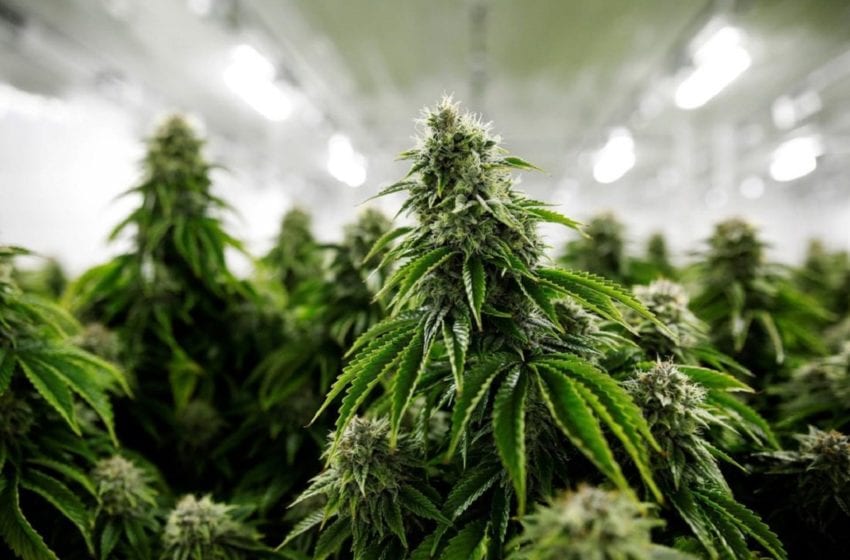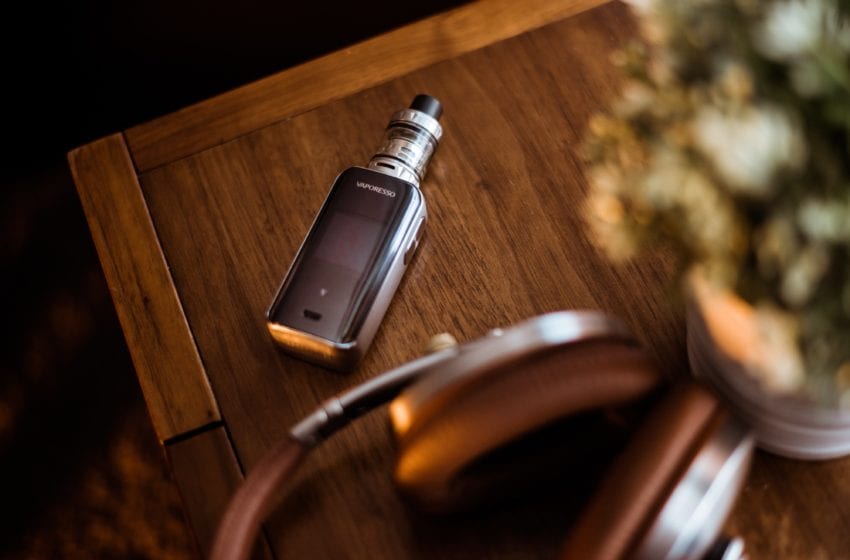UK adults spent close to £7 million on vape products between January and October of 2020, with nearly 3 million adults now vaping. These are just some of the findings of a recently released study by the Vype e-cigarette brand. Vype launched the study to discover which UK cities had embraced vaping the most.
The British American Tobacco-owned brand took a comprehensive look into the vape industry both on and offline, delving into which of the UK’s cities were the biggest buyers of their products, and where is home to the most physical vape shops in the UK.
Vype conducted a survey of 2,000 of the UK’s over 18 population, to explore the nation’s vaping perceptions and who is most open about their habit, according to an article in Retail Times..
London leads cities by sales
It’s no surprise that London leads the charge when it comes to top cities by sales, spending more than double that of Birmingham residents in the same time frame. In fact, purchases made by Londoners make up 40% of Vype’s total UK sales to date in 2020, and 83% of the sales from the top 10 biggest spending cities.
Looking at the offline culture, it may be surprising to learn that Leeds is home to the most bricks-and-mortar vape shops per square mile. The northern city has 18 vape shops per square mile, while London only just features in the top five with only 13 shops per square mile. Rounding out the top five are Edinburgh with 17 shops per sqm, York with 15 shops per sqm, and Sheffield with 14 shops per sqm.
When it comes to the products adults have been buying, the top selling flavours across the UK were consistent across England, Scotland, and Wales. Crisp Mint is currently leading as the best-selling Vype flavour, followed by Blended Tobacco and Dark Cherry. The only region this differs in, is Northern Ireland, where Crushed Mint is their best-selling Vype flavour. With the UK’s Menthol Ban implemented back in May, it isn’t surprising that varieties of mint are the favourites for online buyers this year.
Insight into attitudes around the UK
Around the UK, Vype uncovered a range of cities with positive sentiments towards the vapers of the population. It was discovered that adults in Brighton are the least affected by others vaping around them, with 43% of respondents answering that it doesn’t bother them when this happens.
While in Belfast, Vype found that people would be more likely to allow another person to vape in their home or car, with 23% saying they would – this is more than any other city! Belfast is also home to the largest group of adults who vape as an alternative to smoking (21%), followed by adults in Glasgow (also 21%).
To uncover the cities with residents who feel like their habit is most accepted, Vype also questioned the nation about their feelings of being judged. Almost half of Glaswegians (48%) say they don’t feel judged by others for vaping in public, and they are followed closely by adults in Nottingham (44%) and Liverpool (42%).
Liverpool is also home to adults who have vaped the longest – almost two thirds (58%) of respondents say they have vaped for three years or more. Adults in Liverpool are also the most likely to vape at their place of work, with 33% admitting to doing so.
Nearby in Manchester, over a third of respondents (39%) from the city do already or would consider vaping in the future – that’s more than any other city. With only three vape shops per square mile, it’s no wonder Manchester makes the top ten list for online sales.
Vocal about vaping
Two in five (40%) of the UK’s adult vapers are open about vaping, saying that everyone that knows them knows that they do. Females are more likely to be open about this fact, with 42% saying that everyone knows they vape, compared to only 39% of men saying the same. Of those truly vocal about vaping, the over-55s are the most open, with 78% saying everyone knows that they vape. Only 51% of 45-54-year-olds say the same thing – the next closest age group.
Looking at the cities which are most open about vaping, adults living in Norwich top the list, with 63% saying everyone knows they vape. They are closely followed by Southampton, with 62% of adults in the southern city saying the same thing. Residents in Bristol follow this with 56%, Liverpool close behind on 50% and rounding out the top five is Glasgow with 48% of vapers being open about their pastime.
Vaping gaining acceptance
Just under a third (31%) of survey respondents said it doesn’t bother them if someone vapes near them. In fact, 10% of respondents across the nation who don’t vape said they would still allow someone else to vape inside their home and car. Females are the least likely to be bothered by someone vaping near them – but only just. With 32% of women saying they didn’t mind people vaping around them, there was only 1% in it with 31% of men saying the same.
Looking into the differences between adult age groups, 45-54-year olds are the least bothered by someone vaping near them, with 35% of them saying it doesn’t matter to them. This group is followed by the over 55s at 33%, and the 18-24-year-olds at 31%.
Of all UK adults who would consider vaping as an alternative to smoking, it was the Bristolians who lead the charge, with 6% saying they would consider the option in the future. The same percentage of UK adults who live in Nottingham, don’t currently vape but are most intrigued by the variety of flavours.
Going smoke-free
The residents of Plymouth have taken up vaping the most lately, with the biggest number of new vapers – fifty percent of respondents from Plymouth have been vaping for less than one year. Plymouth is also home to the greatest number of vapers who only vape once a week too; three quarters (75%) of respondents from Plymouth said they only vape once a week. The next largest group vaping just once a week are living in Sheffield, where. almost a quarter (23%) of residents of this northern city vape once-a-week too.
Cardiff has the most residents that have been vaping for between one and two years (72% have) – way more than any other city. However, they are also the city which spends the least online but buy the most products in each purchase – almost 3 times as many with every online sale this year, compared to other cities. . However, as well as spending the least online, they also only have 1.4 physical vape stores per square mile to rely on too!
On the back of the research, Aftab Saleem, head of e-commerce, UK&I at Vype said: “it’s great to see that the biggest reason adult nicotine consumers are turning to vape products is that they are looking for a smoke-free alternative, followed by the fact they enjoy the taste. That certainly is represented in the UK’s top flavours, with classic flavours coming out on top across the board. We are glad to be giving consumers an alternative to physical shopping too to allow them to continue to choose an alternative nicotine product. Now more than ever we need to help consumers achieve their shopping goals in other ways, whilst some non-essential stores are closed for business”





















